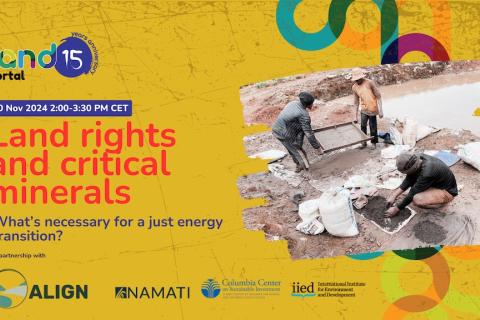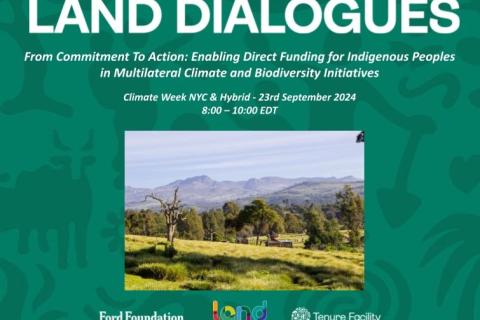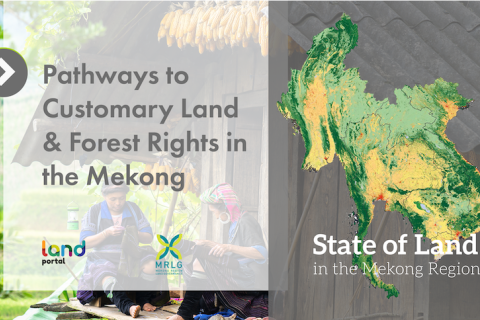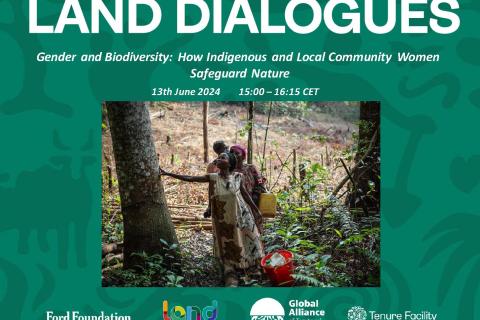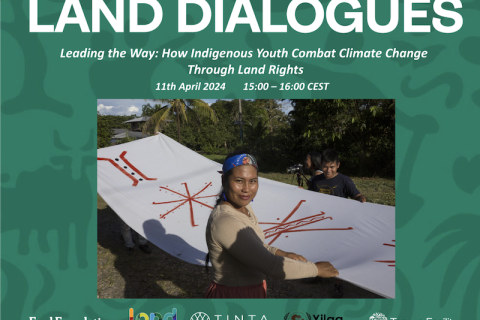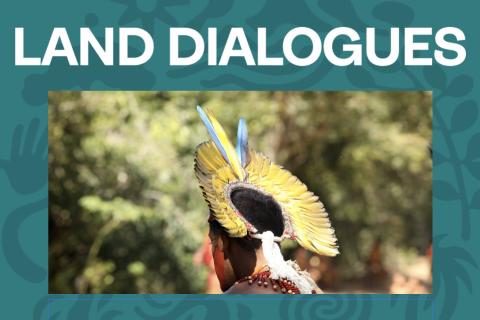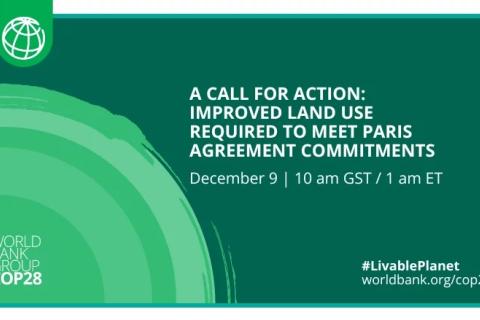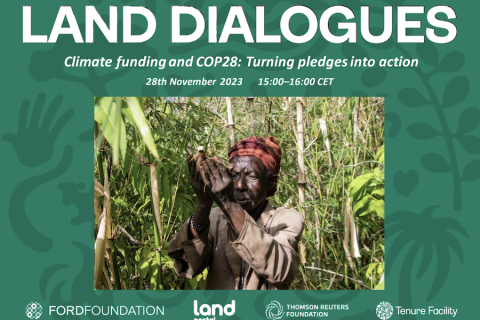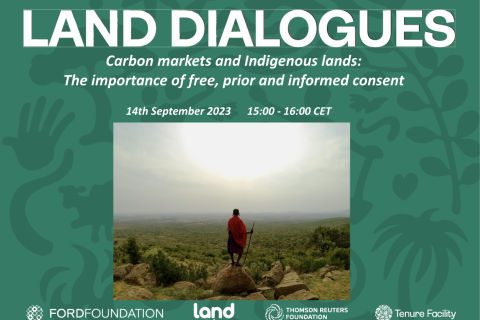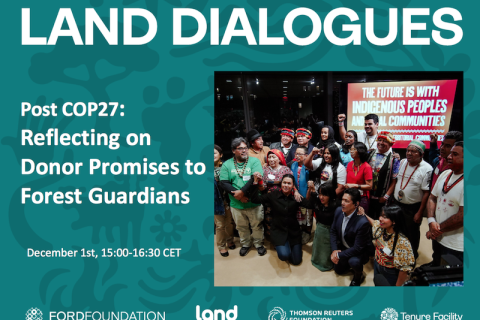Pathways to Customary Land & Forest Rights in the Mekong
Gender and Biodiversity : How Indigenous and Local Community Women Safeguard Nature
Indigenous women’s knowledge is rooted in ancestral understanding of the natural world and the accumulation of observations of local phenomena. The most significant aspect of Indigenous women holding and preserving these traditional knowledge is their holistic approach, which encompasses a wide range of domains beyond mere specialization. They possess an intricate understanding of various species, considering their nutritional value, medicinal properties, and ecological roles. This knowledge, passed down through generations, not only enriches their communities but has been crucial for western science. Indigenous women's insights have often informed Western understandings, leading to the development of medicines and a deeper understanding of climate phenomena such as droughts, floods, and biodiversity migration.
Leading the Way : How Indigenous Youth Combat Climate Change Through Land Rights
Young Indigenous Peoples are facing unprecedented challenges as they grow up in a world where climate change imperils their community’s cultural heritage and ways of life. In response, many are becoming new leaders in climate activism, championing land rights as a pivotal measure in combating environmental degradation and preserving traditional lifestyles.
Land Dialogues Webinar Series 2023
One of the main aims of the Land Dialogues series is and has been to highlight Indigenous knowledge and wisdom as a solution to pressing global challenges. The series does so by creating a virtual space that bridges that gap, where the term “expert” is not limited to academics or researchers, in an effort to both decolonize and democratize knowledge. In particular, the Land Portal’s role is to highlight Indigenous Peoples’ need for agency and control over the data that is about them, recognizing that data can either amplify equality or exacerbate unequal power structures.
A Call For Action: Improved Land Use Required to Meet Paris Agreement Commitments
This session brings together a range of actors to discuss ways to improve land use and set in motion a renewed agenda on the critical role that land tenure security and land access play in climate action.
Climate Funding and COP28 : Turning Pledges into Action
The UN’s past two global climate summits have been big on promises for Indigenous Peoples. At COP26 in 2021 governments and private philanthropies pledged nearly $2 billion for Indigenous Peoples and local communities to fight deforestation. Last year’s COP27 led to the creation of a new “loss and damage” fund to help vulnerable communities respond to climate disasters.
Carbon markets and Indigenous lands: The importance of free, prior and informed consent
While talk of carbon markets has been prominent of late, offsetting using forest carbon has long been controversial. Carbon markets are trading systems through which countries, businesses, individuals or other entities buy or sell units of greenhouse gas emissions. A newly launched report by the Rainforest Foundation UK, looks at both sides of the coin.
Taking Data Back: Women’s Sovereignty over Land Data
The theme for this year’s International Women’s Day is “DigitALL: Innovation and technology for gender equality”. The day aims to celebrate women and girls who are championing the advancement of transformative technology and digital education. It will also explore the impact of the digital gender gap on widening economic and social inequalities.
Foro de los Pueblos Indígenas
La sexta reunión mundial del Foro de los Pueblos Indígenas en el FIDA, a celebrarse los días 9, 10 y 13 de febrero de 2023, se centrará en el Liderazgo de los pueblos indígenas en las cuestiones del clima: soluciones basadas en las comunidades para mejorar la resiliencia y la biodiversidad.
Post COP27: Reflecting on Donor Promises to Forest Guardians
This final webinar of the Land Dialogues 2022 series, will take place after the UN Climate Change Conference COP 27 (6 – 18 November, Sharm El-Sheik). With a historic 1.7 billion dollar pledge having been made at last year’s COP26 by the Forest Tenure Funders Group to advance Indigenous Peoples’ and Local Communities’ tenure rights and their forest guardianship, it is important that we discuss challenges and opportunities in the context of these important advancements. The “Post COP27: Reflecting on Donor Promises to Forest Guardians” webinar will serve as a platform to reflect on progress made, what is falling short and if the 1.7 billion dollar pledge made during COP26 was reflected during COP27.

